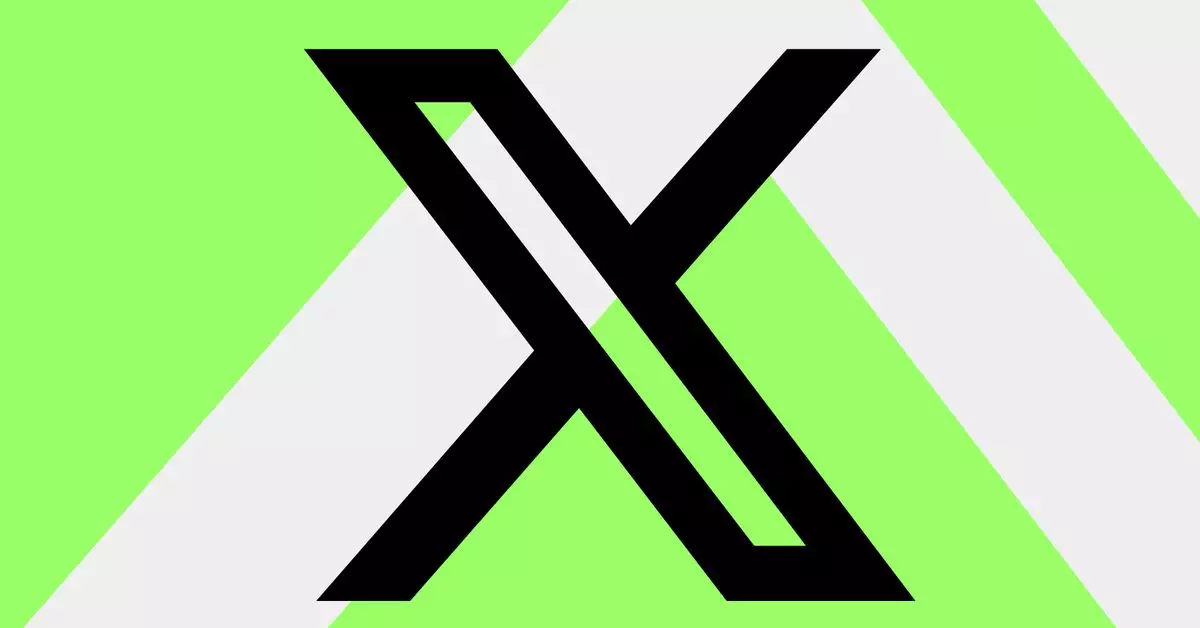In recent months, the social media platform previously known as Twitter, now operating under the name X, has found itself in a precarious position regarding its presence in Brazil. At the heart of the matter is a court-ordered ban that raised concerns over the platform’s role in potentially undermining Brazil’s democratic processes. The company, owned by Elon Musk, faced mounting pressure from legal authorities, culminating in a significant development that could alter the landscape of digital communication in the country.
According to reports from major news outlets, including the New York Times, X recently shifted gears after a three-week struggle against the ban. Legal representatives for the platform acknowledged compliance with the Brazilian Supreme Court’s demands, which included the removal of specific accounts deemed to threaten democracy. This decision stands in sharp contrast to Musk’s earlier commitment to uphold free speech principles, raising questions about the balance between platform governance and accountability.
In a surprising move, X admitted to taking down accounts as per judicial requirements and agreed to other stipulations, such as paying fines and appointing a new legal representative in Brazil. This pivot highlights the complexities of operating a global platform in a region marked by strict regulatory scrutiny, providing a crucial case study for tech companies operating in politically sensitive environments.
Brazilian users, particularly those involved in grassroots movements and protest forums, might greet the news of X’s potential return with a mixed bag of emotions. On one hand, the possibility of the platform resuming operations could allow for renewed communication channels among fans and advocates. On the other, the recent history of censorship and compliance with court orders raises concerns about the platform’s commitment to free expression and user autonomy.
The consequences of X’s actions are not isolated to Brazil alone; they suggest a broader trend of increasingly stringent regulations that digital platforms may face globally. As public trust in social media erodes due to issues of disinformation and government interference, platforms must navigate the delicate interplay between regulatory compliance and user rights. Brazil’s experience with X serves as a precursor for possible reactions in other regions where political tension and digital communication intersect dramatically.
Looking forward, X has a limited window of five days to comply with the conditions set forth by Brazil’s Supreme Court. This deadline not only weighs heavily on the platform’s immediate operational strategy but also serves as a litmus test for the future of digital discourse in Brazil. Stakeholders, consumers, and policymakers will be watching keenly to see how X balances its business interests with its obligations to regional laws and the broader implications of its policies on user freedom.
The ongoing saga of X in Brazil emphasizes the critical need for social media platforms to adapt swiftly to legal frameworks in various regions while maintaining their core principles of free speech and community engagement. As the company prepares to reenter the Brazilian market, the choices it makes could have lasting effects on the landscape of digital communication in the country and beyond.

